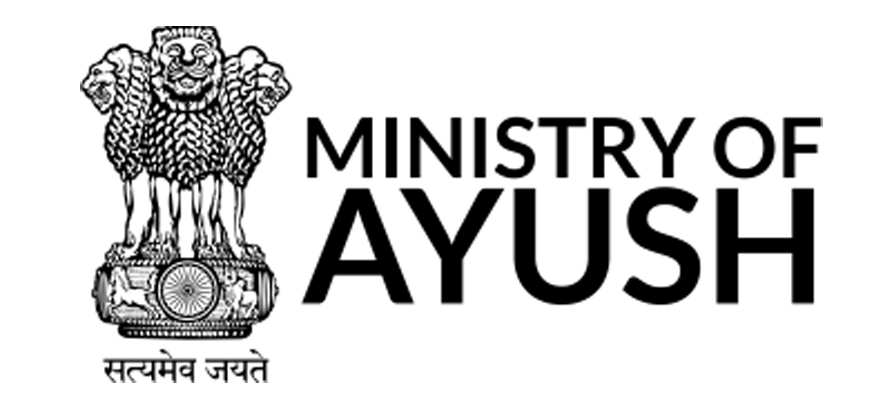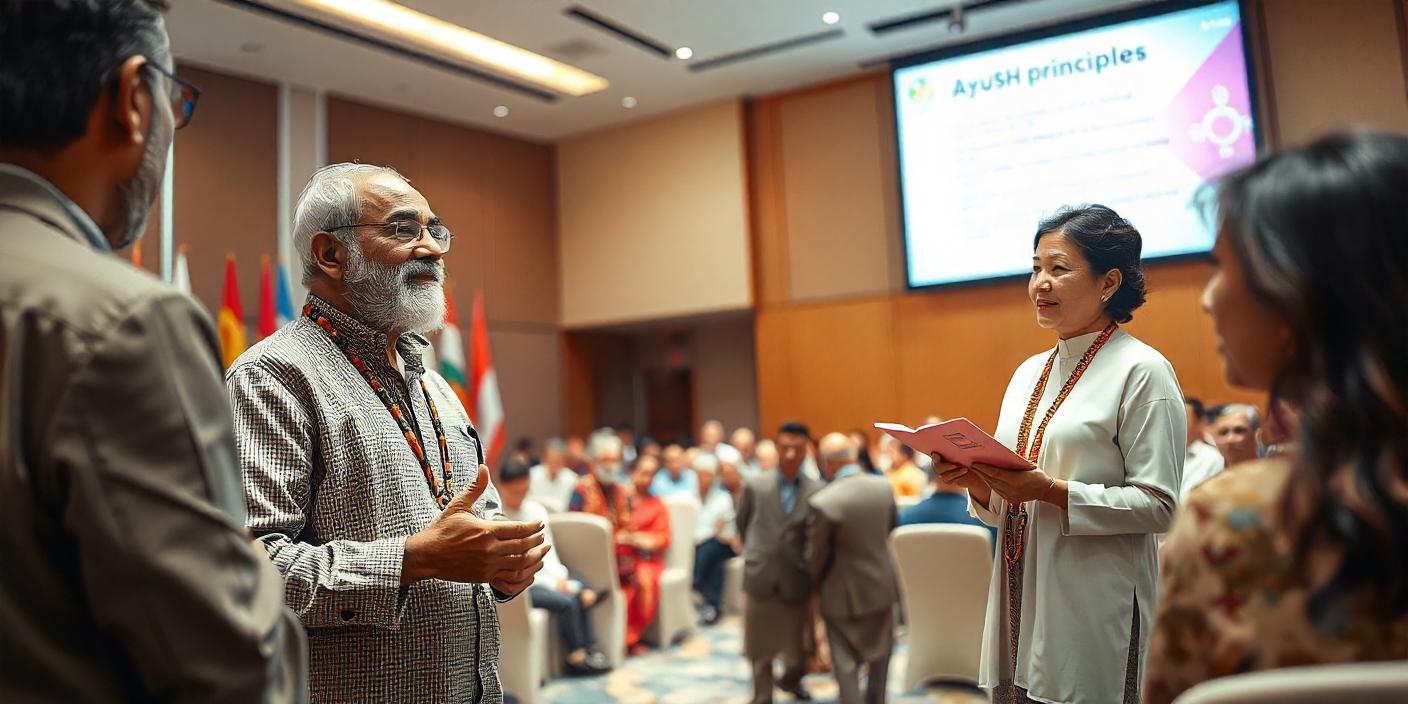Derived from the Sanskrit words “ayur” (life) and “veda” (knowledge), Ayurveda is also known as the “The Science of Life”.
Originating 5,000 years ago, the ancient medical system was systematically updated in the Samhita period by Acharya Caraka.
But what makes Ayurveda a significant attraction is its deeply rooted principles in natural and complete healing of the individual.
Due to its serious consideration of creating a balance between the tridoshas across the body, mind, and spirit, the practice has succeeded. The doshas (energies) consist of Vata (air & space), Pita (water & fire), and Kapha (water & earth).
Even though it is a holistic practice, the Western world is still learning to accept it as a regular part of their daily lives.
On this auspicious day, learn about Ayurveda’s historical roots, ministry, and colleges nationwide through this blog.
The Historical Background of Ayurveda

The ancient Vedic text “Atharva Veda,” one of the oldest known works in India, is believed to be the source of Ayurveda.
All the literature documented the profound insights into the following factors that have significantly provided humankind with the best resolutions for their health problems:
- Human health
- Spiritual practice and healing
- Herbal medicines
Thus, with the help of the ancient sacred scriptures, Ayurveda was able to be a full-fledged practice in medical science to date.
The ancient practice of Ayurveda has a spectrum of specialties that many need to be made aware of in modern times. There are 8 branches of medicine:
|
AYUSH: The Ministry

Known to be the only nation to have a ministry dedicated to Ayurveda, the Government of India established it in 2014. AYUSH stands for –
- Ayurveda
- Yoga and Naturopathy
- Unani
- Siddha
- Homeopathy
The ministry was established to promote the traditional and indigenous systems of medicine.
Besides that, there are several other initiatives taken by the ministry to regulate the systems and integrate them into the mainstream healthcare system, including:
- Research & Development (has 5 councils that are research-based)
- Education & Training (supporting institutions and providing aid)
- Coordinating with healthcare (providing services to the public healthcare facilities).
Thus, AYUSH aims to provide healthcare services at an affordable cost all across the country by enhancing the options and services.
AYUSH on the Global Level

Apart from that, AYUSH has also extended its roots on a global level with time. These were the steps taken that led the ministry to become of global interest over the decades:
- International Collaborations (MoUs with 50 countries and 32 countries’ institutions.)
- Collaboration with WHO (Signed a treaty with AYUSH to make use of the TCI practices and spread it across the globe.)
- AYUSH information cells establishment (establishing information corners in the global embassies.)
- Yoga and Ayurveda Tourism promotion (promoting places & states like Kerela, Goa, and, Rishikesh which has made it a whopping $490 billion industry !)
- Evidence-based practice (focusing on the scientific aspects of the studies to cure chronic diseases and how effective the medicines can be.)
This provides us with insights into the global market that has the potential to soar in the future as people start to look for alternatives.
In this manner, it will be starting several new trends across the world, be it education, global healthcare frameworks, and so on.
Talking about the educational trends, there’s a soaring demand for the availability of seats for studying and practicing Ayurveda.
Here’s a list of the Ayurveda colleges across the nation as per the data provided by https://ncismindia.org/ as of October 2024, to help you out:
- Central Govt. (3)
- Deemed (9)
- Government (67)
- Government aided (7)
- Central (3)
- Private (449)
- Grant-in-aid (13)
- National Institute (4)
With the given figures, it can be seen that there’s been a surge in the demand for studying and practicing Ayurveda over time. However, there’s more to come with time!
 The global market of Ayurveda is set to see a significant boom from 2024 to 2030 at a CAGR of 27.2%! |
Overall Inputs
Ayurveda, the ancient medicinal practice, is regarded as the“Science of Life” because it focuses on balancing the body, mind, and spirit. This allows the individual to heal internally and externally back to their health.
With the ancient wisdom it has to offer, today, the world is now seeking a natural and holistic approach to restoring health.
You too can embrace the holistic approach with Hempstreet today!




